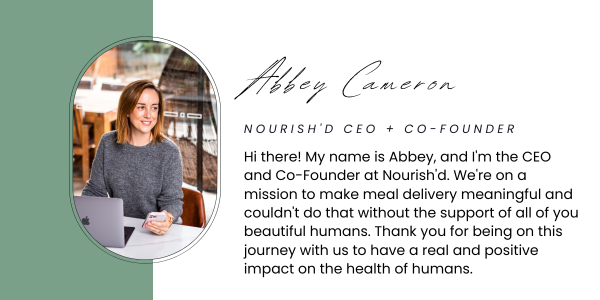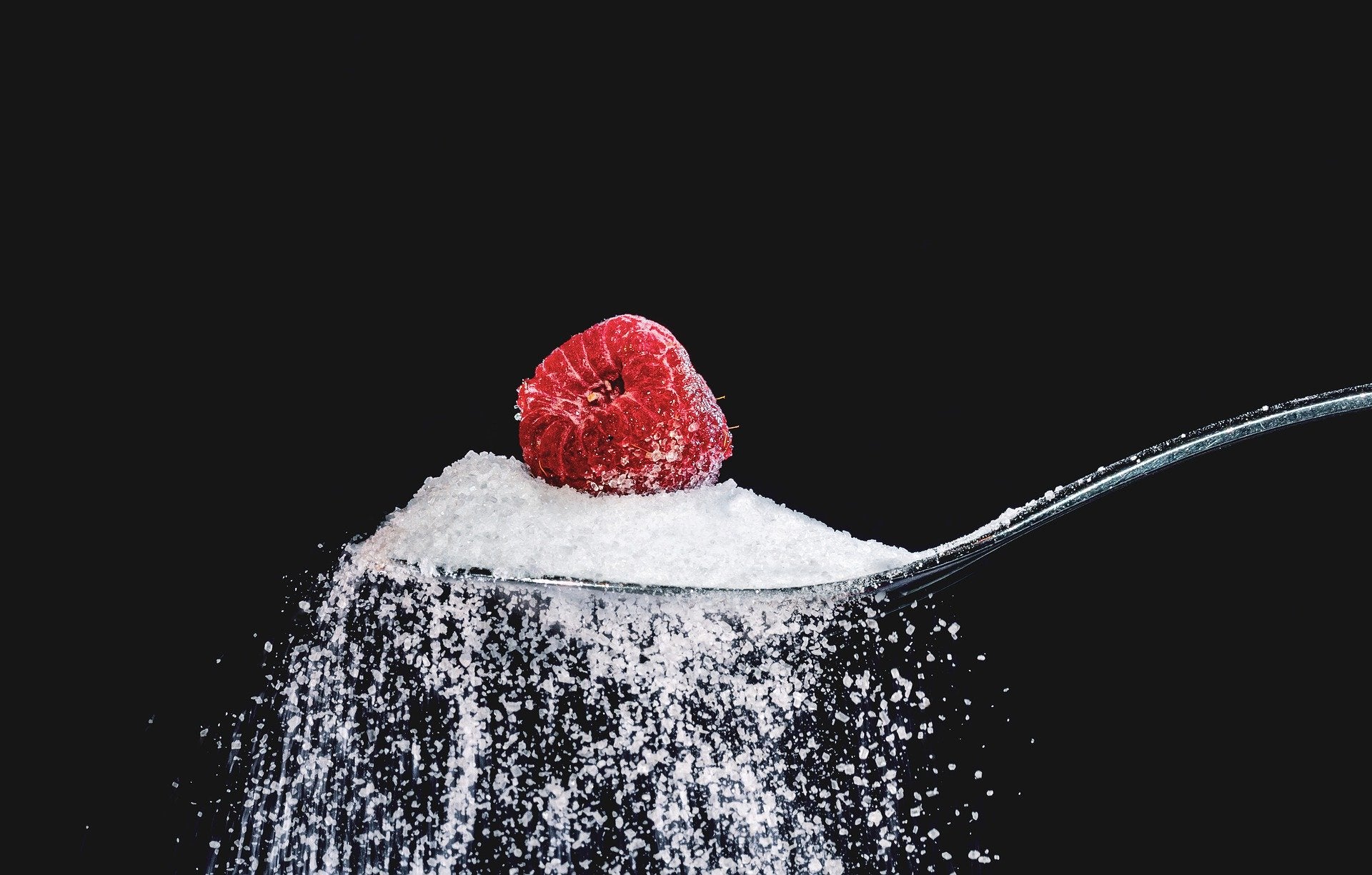Is sugar really that scary?
The first thing we want to emphasise is that not all sugars are bad. Not all sugar is the blood-spiking, fattening, calorie-dense villain that society has made it out to be. We're here to separate the good and bad (natural and refined sugar), and explore the effects of sugar so that you can still enjoy life's sweeter things. You're welcome!
What does refined sugar even mean?
Sugar is a carbohydrate that our bodies use for energy, but the speed of its absorption and the impact it has on your body will vary depending on the kind of sugar you are consuming. Natural sugars can be found in fruit, some vegetables, and even dairy products. 'Refined' sugar is usually made from sugar cane which goes through a hefty production process... The sugar cane is harvested, cut, crushed, and then the juice is extracted, filtered, crystallised, and centrifuged to create the snow-like granules that you see in the baking aisle at the shops. It's a big old process - actually, there are lots of different processes depending on what kind of 'refined' sugar it is (white, raw, brown, castor, icing, etc). You will find that refined sugar is in a heck of a lot of foods and drinks and ingredients in shops and bakeries and cafes and restaurants. It's extremely commonly used and, look, one sweet yoghurt cup or cake isn't going to kill you, but it's important to know how it differs from natural sugars and how it impacts your body.
How your body responds to sugar consumption (refined and natural)
Refined sugar is absorbed and broken down extremely quickly once consumed, which causes your insulin and blood sugar to spike quickly and drastically. This is also why you don't feel satiated or full after eating sugary foods, even if you eat a lot of it (which you will usually want to)! In contrast, the naturally occurring sugar and fibre in fruit, for example, slows down the metabolism of the energy so as not to cause so much of a spike and allows you to feel fuller. Because of the addictive and unfulfilling nature of refined sugar, as well as its accessibility (really, it's hidden in almost everything), people tend to eat more and more of it, sometimes without even knowing. Hot tip: try to stay away from low fat or 'lite' food alternatives, because usually the fat is replaced with sugar to make up the flavour! Frequent consumption of refined-sugar foods and drinks has been irrefutably linked to obesity and increased risk of conditions such as diabetes, heart disease, stroke, dementia, liver disease, and even cancer. With these extreme risks and outcomes in mind, it's important to be aware of your consumption and check ingredient labels when you're in the shops. Click here to see the completely refined-sugar-free Nourish'd menu - no need to check ingredients here! Yep, even the snacks.
Reference List - For more information
- https://www.health.harvard.edu/blog/eating-too-much-added-sugar-increases-the-risk-of-dying-with-heart-disease-201402067021
- https://www.healthline.com/nutrition/refined-sugar#how-to-avoid
- https://www.ncbi.nlm.nih.gov/pmc/articles/PMC5133084/
- https://www.cancercenter.com/community/blog/2016/08/natural-vs-refined-sugars-what-is-the-difference
- https://www.ncbi.nlm.nih.gov/pmc/articles/PMC6215768/



